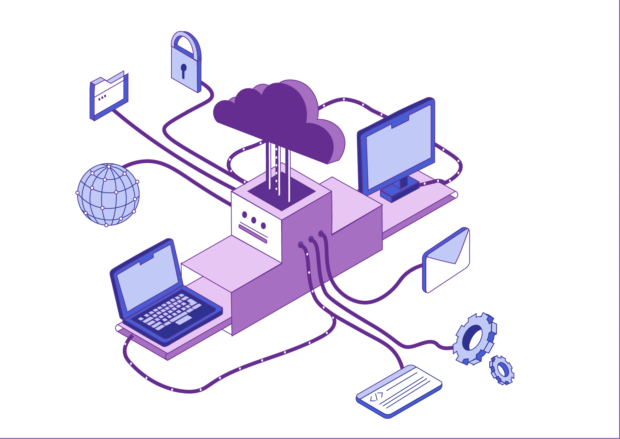Many African governments express valid concerns about using cloud services for data storage, from data sovereignty risks to vendor lock-in, infrastructure limitations, and cybersecurity vulnerabilities. Their cautious stance reflects a complex range of challenges, including concerns about storing sensitive national data on foreign servers, challenges navigating opaque pricing and foreign currency risks, and a desire to create domestic jobs. Beyond these practical concerns, there are deep political-economic complexities related to data, privacy, and profit. The popular framing of “data as the new oil” has struck a particularly sensitive chord, as communities observe data being monetized primarily by foreign technology companies, echoing historical patterns of resource extraction and economic exploitation. This wariness isn’t unique to Africa – no country has fully resolved the complex political economy of data sovereignty and control.
Yet, cloud storage offers compelling advantages that could arguably outweigh these concerns.
Cloud platforms enable rapid deployment of core digital public infrastructure without massive upfront investment, provide access to advanced security measures and expertise, and allow governments to scale their digital services efficiently. They also offer built-in redundancy and disaster recovery options that are difficult and expensive to replicate with local data centers, while enabling governments to focus resources on serving citizens rather than managing IT infrastructure.
This begs the question: how can governments benefit from cloud services without sacrificing data sovereignty and control? Even further, how can governments navigate this tension in a way that best establishes people-first data practices?
During a panel discussion at the DPI Summit in October, we put forth five practical suggestions to move this complex conversation forward.
- Governments can choose a nuanced, hybrid approach that recognizes not all data requires the same level of protection. While some information might be stored locally for privacy or national security reasons, a significant amount of data can safely leverage cloud efficiencies with limited risk to sovereign sensibilities.
- The global community can support more public private partnerships such as the recent $1 billion investment led by Microsoft and G42 to create a geothermal-power data center in East Africa, orchestrated through collaboration between the U.S., U.A.E., and Kenyan governments. This momentous investment demonstrates growing momentum for regional solutions that balance sovereignty with scale.
- Cloud providers can help by working with governments to more accurately predict cost increases as digital public infrastructure expands, based on comparable case studies. Furthermore, to partially address vendor lock-in concerns, licensing agreements can provide transparency on the possibility of future price increases.
- Donors also have a role to play in adapting grant funding, which has historically focused on capital expenditures, to support on-going operational costs in cases where governments do choose subscription-based cloud storage options.
- Finally, and perhaps most importantly, peer learning networks such as the African Data Leadership Initiative (ADLI) allow governments to learn from others who have navigated similar challenges, creating space to imagine more contextually appropriate solutions that respect local needs while leveraging global opportunities.
While hybrid cloud services can offer numerous advantages, a greater understanding and collaborative learning are essential.
When governments can confidently adopt hybrid cloud solutions that respect sovereignty while leveraging efficiency, they can focus on what matters most: delivering better services to their citizens. This might mean faster processing of business permits for small entrepreneurs, more reliable distribution of social benefits to vulnerable populations, or streamlined agricultural support services for rural farmers. This confidence can also help governments choose an approach that allows them to deploy open-source software – and specifically, digital public goods – as part of their digital public infrastructure, which can drive local job growth as these products can be customized and maintained locally.
By learning from peers who are also navigating these transitions, African governments can develop strategies for data storage that reflect their unique contexts and values while avoiding the pitfalls of past technological dependencies.
At the Digital Impact Alliance, we look forward to unpacking this important topic further with our communities of practice, including donors, technology providers and policymakers, in the near term. Interested in joining the discussion? Get in touch – email us at info@dial.global.







